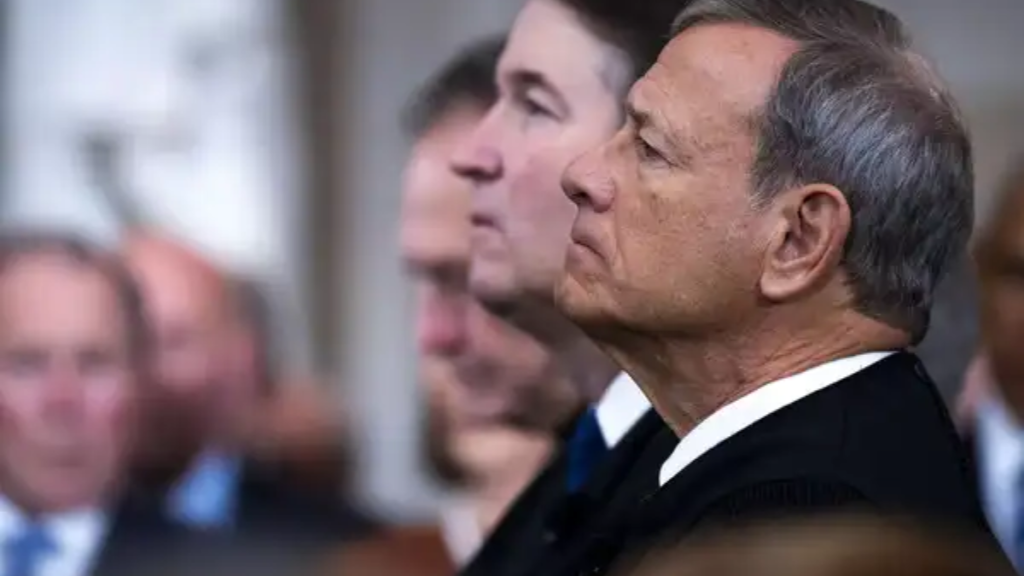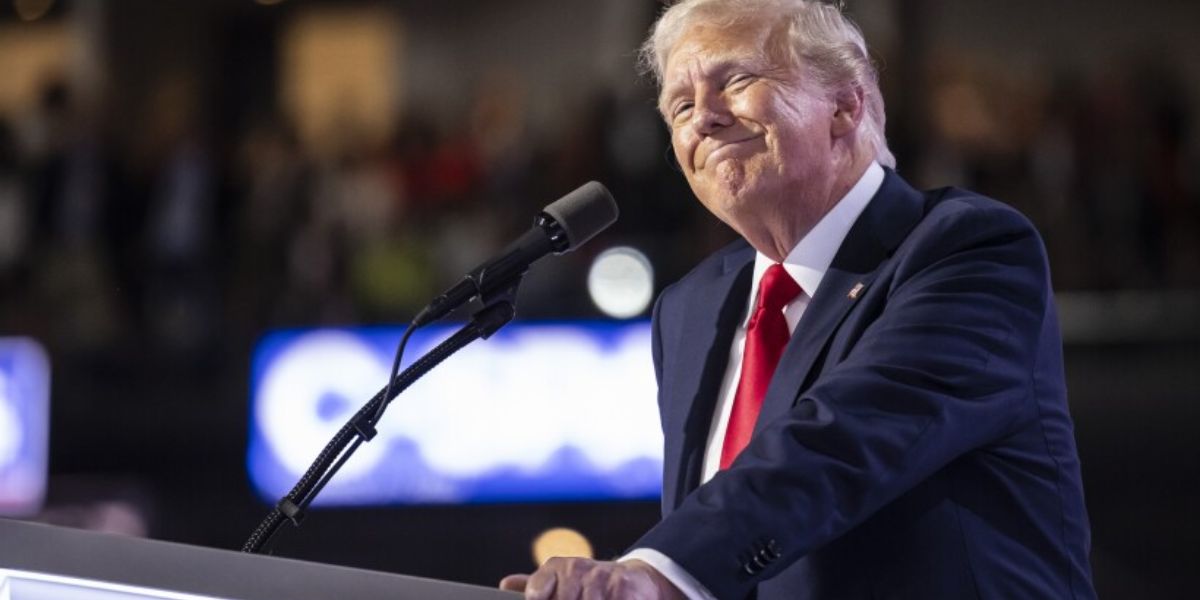In a pivotal decision that could redefine the boundaries of presidential power in the United States, the Supreme Court ruled in favor of Donald Trump, granting him broad immunity from criminal prosecution for actions taken while in office.
The ruling, decided by a 6-3 conservative majority, has ignited a wave of concern among legal scholars, civil rights organizations, and elected officials who argue that the decision undermines the U.S. Constitution and threatens the principle that no one is above the law.
The ruling stems from Trump’s legal battle to avoid prosecution over his alleged efforts to overturn the 2020 presidential election.
The court concluded that a former president enjoys presumptive immunity from criminal prosecution for “official acts” conducted during their time in office, unless first impeached and convicted by Congress.
Chief Justice John Roberts, writing for the majority, emphasized the importance of maintaining the independence and functionality of the executive branch. “The President is not above the law,” he wrote, “but he is not beneath it either.”
Dissent Sparks Warnings About Abuse of Power
In a strongly worded dissent, Justice Sonia Sotomayor warned that the decision could open the floodgates for future presidents to abuse their authority without fear of legal consequences.
“Today’s decision to grant former presidents immunity for their official acts reshapes the institution of the presidency,” Sotomayor wrote. “It makes a mockery of the foundational principle that no man is above the law.”
She added, “If the president decides to order the military to assassinate a political rival and deems it an official act, this ruling may now shield him from accountability. That should terrify all Americans.”
The three liberal justices—Sotomayor, Kagan, and Jackson—united in their dissent, warning of potential erosion of constitutional checks and balances. They argued that this ruling paves the way for an unchecked executive branch and weakens the judiciary’s ability to serve as a co-equal branch of government.
Political Reactions Divide the Nation
Former President Trump, who is actively campaigning for a return to the White House in 2024, hailed the ruling as a major legal victory and a vindication of his belief in strong executive authority.
“This is a great day for America, the Constitution, and the rule of law,” Trump posted on Truth Social. “Presidents need the freedom to make decisions without fear of prosecution.”
On the other side of the aisle, Democratic leaders and legal experts criticized the decision as deeply flawed and dangerous.
Senate Majority Leader Chuck Schumer (D-NY) called the ruling a “dark day for democracy,” while Representative Alexandria Ocasio-Cortez (D-NY) stated that Congress should begin reviewing impeachment proceedings against the justices who supported the decision.
Legal scholars across the spectrum have expressed grave concerns. “This decision undermines the basic democratic principle of accountability,” said Laurence Tribe, a constitutional law professor at Harvard. “It introduces the idea that the president is a king in all but name.”

Impact on Trump’s Criminal Cases and 2024 Election
The decision has immediate implications for Trump’s ongoing legal challenges, including federal charges related to the January 6 Capitol riot. Special Counsel Jack Smith’s prosecution efforts may now face significant delays or outright dismissal depending on how the courts interpret what constitutes an “official act.”
By remanding the case back to lower courts to make that determination, the Supreme Court has effectively pushed any potential trial further into the future—possibly beyond the 2024 election. This means that if Trump wins a second term, he could potentially influence the Justice Department to halt any remaining proceedings.
“We are now in a constitutional gray zone where legal and political timelines are dangerously entangled,” said Barbara McQuade, a former U.S. Attorney.
A Turning Point for American Democracy?
Many observers believe this decision represents a significant turning point in how presidential power is understood and exercised in the United States. Critics fear it may lead to a future in which presidents can commit crimes with impunity, as long as they claim to be acting within the scope of their duties.
Advocacy groups and think tanks are now calling on Congress to respond with legislation that clarifies the limits of presidential immunity. However, with a divided legislature and a heated election season underway, such reforms may prove difficult to enact.
“This ruling challenges the very framework of our democracy,” said Erwin Chemerinsky, dean of Berkeley Law. “It’s a moment that calls for reflection, vigilance, and civic action.”
For more detailed legal analysis of the Supreme Court ruling and its implications, visit SCOTUSblog.
Disclaimer – Our team has carefully fact-checked this article to make sure it’s accurate and free from any misinformation. We’re dedicated to keeping our content honest and reliable for our readers.
